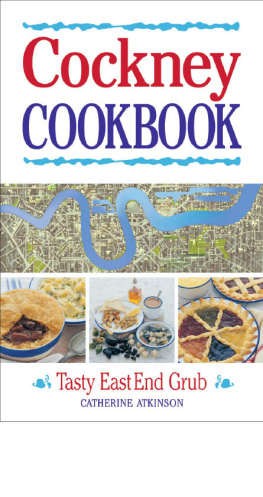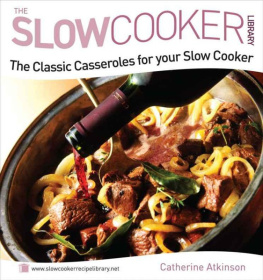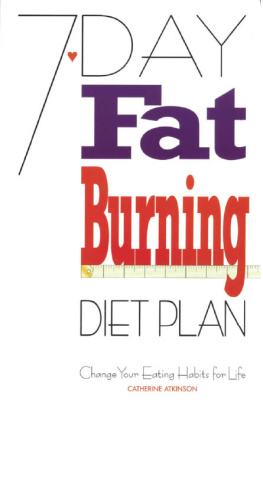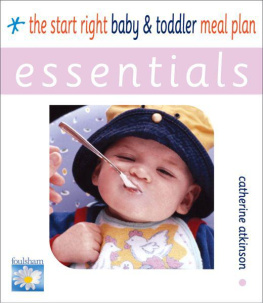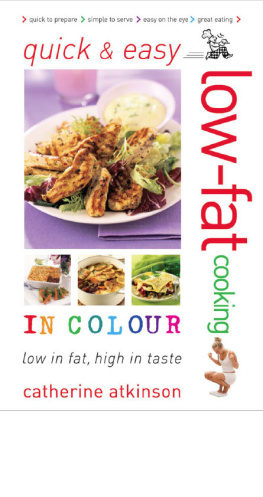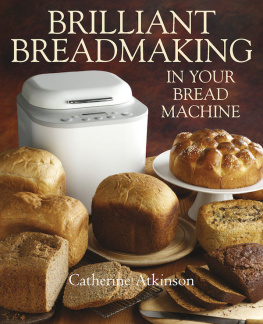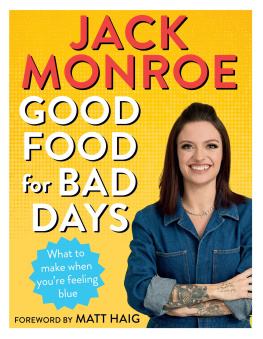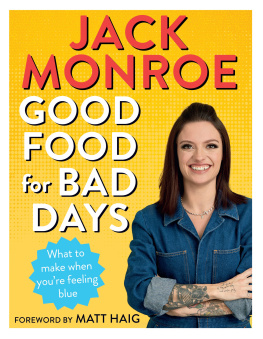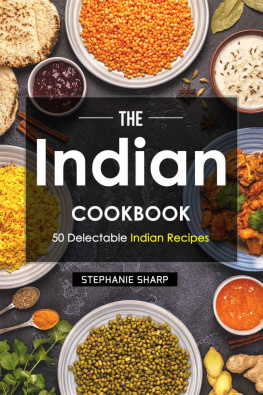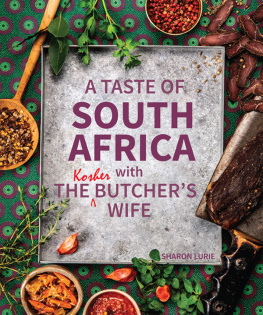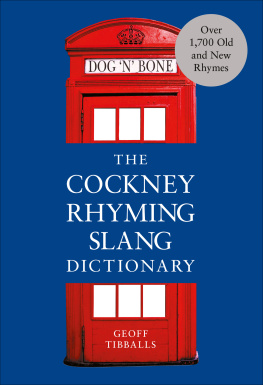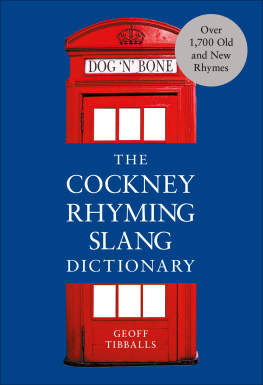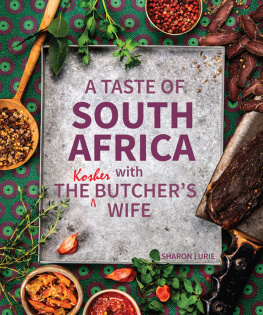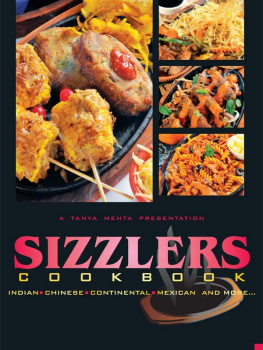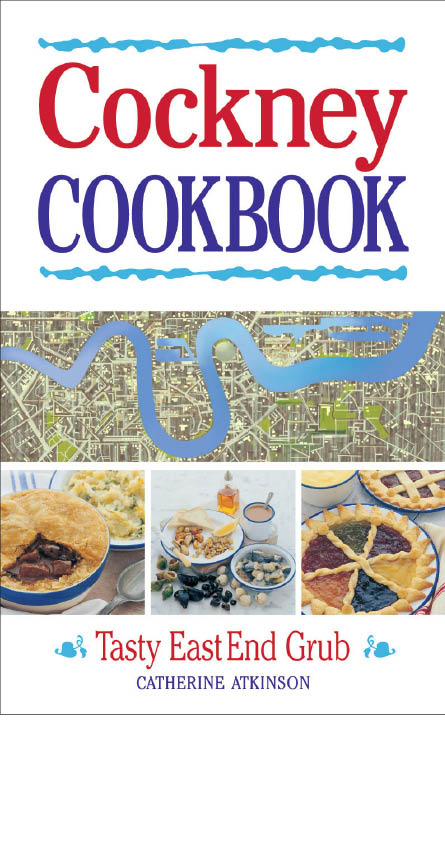Copyright 2002 W. Foulsham & Co. Ltd
The Copyright Act prohibits (subject to certain very limited exceptions) the making of copies of any copyright work or of a substantial part of such a work, including the making of copies by photocopying or similar process. Written permission to make a copy or copies must therefore normally be obtained from the publisher in advance. It is advisable also to consult the publisher if in any doubt as to the legality of any copyright which is to be undertaken.
W. Foulsham & Co. Ltd
Introduction
Few Londoners remain in the city for long; they move in because of job opportunities and high salaries, then move on and out. The great exception to this is the proud cockney. True cockneys are small in number, for to claim the name, one must be born within the sound of Bow Bells, which ring out from the church of St Mary-le-Bow. This area was once the poorest part of London and cockneys relied on their quick wits and fierce loyalty to one another for survival.
They even developed a language of their own to protect them from outsiders the so-called rhyming slang, which substitutes rhyming phrases for words, and then uses only the non-rhyming part. Thus, plates of meat is substituted for feet and then shortened to plates, as in My plates are killing me. Some terms have become part of everyday language throughout the country, such as bread, meaning money, which originates from the rhyming slang expression bread and honey.
Cockneys were often physically small, due to poor nutrition, and their size, together with their boldness, drew comparison to the cock sparrow, which is where the name cockney comes from.
Many cockneys were traditional market traders and vast numbers also worked in the London docks, which flourished during the nineteenth century to become one of the greatest ports in the world. The cockney docker was renowned for his strength and hard-working nature, as well as for his colourful language.
Food for these hardworking folk had to be cheap, filling and nourishing. Traditional cockney fare included gelatinous dishes such as pigs trotters, brawn and jellied eels. Food was always well flavoured, never bland: saveloys served with pickles, smoky kippers and inexpensive seafood such as whelks and cockles, generously doused in vinegar, were favourites. Even drinks had to be strong; tea brewed to the colour of black treacle, dry London gin and dark bitter stout.
There were outside influences too, particularly that of the Jews who escaped to England from the pogroms of Eastern Europe and arrived by cattle boats to settle in the area around the docklands.
The commercial side of the docks has now disappeared. The Port of London, once vital for importing nearly all of the goods into Britain, has declined in the face of competition from airlines, containers and more recently the Channel Tunnel. However, it now flourishes with new businesses, such as the Canary Wharf development, and has become a desirable place to live, with many warehouses being converted into spacious flats with fabulous views over the Thames.
Nevertheless, traditional cockney cookery has stood the test of time. Its distinctive bright, uncomplicated style survives, as the dishes I have chosen for this book show.
Rhyming slang
Cockney rhyming slang covers almost every subject you can think of, and an amazing amount of it is related to food or drink.
- Apple cider: Spider
- Apple fritter: Bitter (beer)
- Apples and pears: Stairs
- Bag of fruit: Suit (of clothes)
- Baked beans: Jeans
- Bath bun: Son
- Biscuits and cheese: Knees
- Bread and honey: Money
- Brussels sprout: Boy scout
- Coffee and cocoa: Say so, as in I should cocoa
- Currant bun: Sun
- Ham and eggs: Legs
- Hampstead Heath: Teeth
- Hot cross bun: Run, as in on the run
- Loaf of bread: Head, as in use your loaf
- Meat pie: Fly
- Mince pies: Eyes
- North and south: Mouth
- Plates of meat: Feet
- Pork pies: Lies, hence porkies
- Potatoes in the mould: Cold hence taters
- Rabbit and pork: Talk
- Sausage and mash: Cash, hence I havent got a sausage
- Stewed prune: Tune
- Syrup of fig: Wig
- Tea leaf: Thief
- Treacle tart: Sweetheart
The rhyming slang equivalents for items of food and drink are equally colourful, but harder to guess.
- Ale (light): Silent night
- Army and navy: Gravy
- Banana: Gertie Gitana
- Beer: Pigs ear
- Brandy: Fine and dandy
- Bread: Uncle Fred
- Butter: Cough and splutter
- Cake: Give and take
- Cheese: Cough and sneeze
- Coffee: Everton toffee
- Drink: Tiddlywink, hence tiddly
- Gin: Vera Lynn
- Jelly: Mother Kelly
- Kipper: Jack the Ripper
- Lunch: Judy and Punch
- Onions: Corns and bunions
- Pear: Teddy bear
- Pickle (to eat): Slap and tickle
- Rice: Three blind mice
- Scotch: Gold watch
- Sherry: Woolwich ferry
- Soup: Loop the loop
- Tea: Rosie Lee
- Toast: Holy Ghost
Notes on the Recipes
- Quantities are given in metric, imperial and American measures. Follow one set only.
- American terms are given in brackets.
- All spoon measurements are level: 1 tsp = 5 ml; 1 tbsp = 15 ml.
- Eggs are medium unless otherwise state.
- Always wash, peel, core and seed, if necessary, fresh foods before use. Ensure that all produce is as fresh as possible and in good condition.
- Seasoning and the use of strongly flavoured ingredients, such as onions and garlic, are very much a matter of personal taste. Taste the food as you cook and adjust seasoning to suit your own taste.
- Always preheat the oven (unless using a fan-assisted oven) and cook on the centre shelf unless otherwise specified. Ovens vary, so cooking times have to be approximate. For fan ovens, reduce temperatures by about 10C for every 100C and times by 10 minutes for each hour above the first hour.
- All preparation and cooking times are approximate and should be used as a guide only.
Meat
Londons meat market is to be found in the heart of the East End, at Smithfield. From the early hours of the morning, Smithfield market is buzzing with activity. Meat from throughout Britain and abroad comes to the capitals greatest wholesale market still the largest in Europe where over 3,000 people buy and sell the 350,000 tons of meat that pass through each year. Porters help shift the goods from sellers to buyers and by mid-morning stalls are cleared and hosed down ready for another day and workers gather in local, specially licensed public houses, which serve hearty English breakfasts, often accompanied by a pint of beer.
Smithfield was not always purely a meat market; in Tudor times it was a place of public execution, before it became a live cattle and horse market, and, in Victorian times, an abbatoir.
East Enders are famous for their love of jellied meat, whether brawn or pigs trotters; these nutritious, inexpensive dishes in rich jelly are now to be found on the menus of even the most prestigious restaurants. Pie and mash shops serving traditional meat pies with parsley sauce are still to be found in the docklands area, alongside the smart Continental and Asian restaurants and American burger bars.

